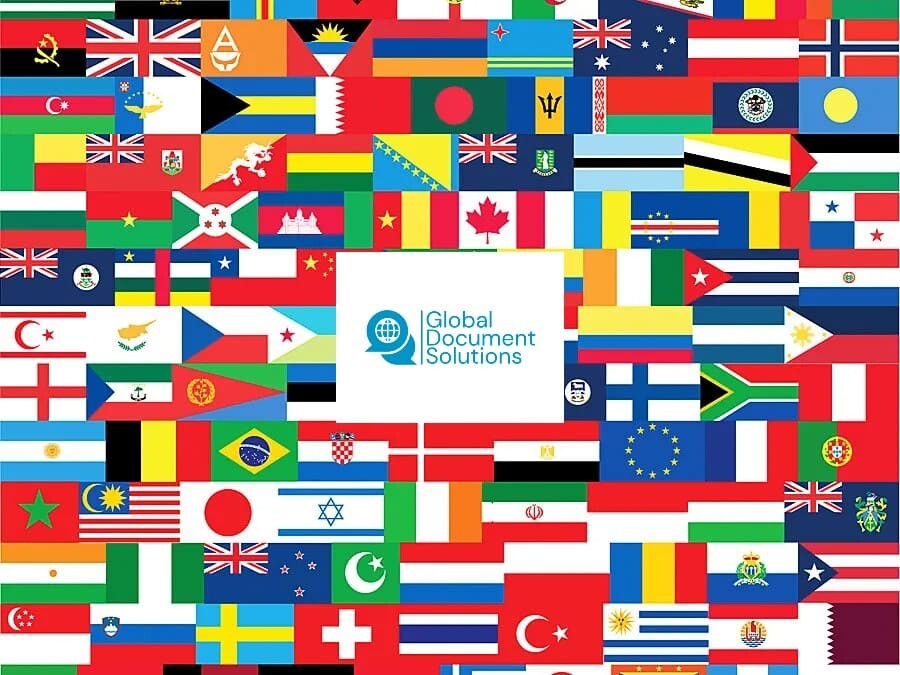
Document Attestation in Canada: Processes, Requirements, and Insider Tips
Navigating the landscape of document attestation in Canada can be a complex task for individuals and businesses alike. Whether you're preparing personal documents for overseas travel, study, immigration, or facilitating international trade, understanding the intricacies of document attestation is paramount. This comprehensive guide delves deep into the essential aspects of document attestation in Canada, offering clarity, detailed procedures, and expert insights to ensure your documents meet global standards.
Understanding Document Attestation: The Basics
Document attestation in Canada involves a series of authentication and legalization processes, akin to what is commonly known internationally as "apostille." This process validates the seal and signature of a document, confirming its authenticity and making it recognized and acceptable in foreign countries.
Delving into the Notarization Process: An Essential First Step
Before a document can be authenticated by the Canadian government, it may first need to be notarized. This step involves a Notary Public, a licensed professional authorized to perform legal formalities, ensuring that the document and its details are credible.
- Personal Documents: These include birth certificates, marriage certificates, and educational transcripts. A copy of these documents is made and declared as a true likeness of the original by a Notary Public.
- Corporate Documents: Incorporation certificates, tax documents, or trade agreements must be notarized, particularly when they're intended for international dealings.
Remember, the role of the Notary Public is pivotal as they affirm the genuineness of the document, a prerequisite for the ensuing stages of attestation.
Authentication: The Role of the Government of Canada
Once your documents are notarized, they move to the authentication stage. The Government of Canada, particularly Global Affairs Canada, undertakes this through the Authentication Services Section (JLAC) in Ottawa. Here, officials verify the seal and signature of the Notary Public, attaching a certificate that confirms the document's legitimacy.
It's crucial to understand that the authentication process can take anywhere from several weeks to months, depending on the nature of the documents and the standard processing times.
Legalization: The Final Step in Document Attestation
Following authentication, your documents require legalization by the embassy or consulate of the target country within Canada. This stage involves diplomatic officials confirming the validity of the Canadian authentication certificate, thereby accepting the document as legal within their jurisdiction.
The requirements for legalization can vary significantly between embassies and consulates. Some may require translations, additional forms, or specific fees. As such, direct liaison with the relevant embassy is advised to avoid delays or rejections.
Insider Tips: Streamlining Your Document Attestation
Having a smooth document attestation journey in Canada is about understanding the nuances and being meticulous with details. Here are expert tips to expedite the process:
- Accurate Preparation: Ensure all documents are prepared in strict accordance with the requirements set out by the relevant Canadian and international authorities. Any discrepancies can lead to lengthy delays.
- Understanding Processing Times: Factor in both the processing times of Global Affairs Canada and the relevant foreign embassy. Rush services are available but come with additional fees.
- Hiring Professional Services: Consider engaging a professional attestation service. These experts are familiar with the complexities of document attestation, can provide up-to-date advice, and often offer courier services to and from the JLAC and embassies.
In Conclusion: Navigating Global Compliance
Document attestation is a cornerstone of international document recognition and compliance. By adhering to the detailed processes of notarization, authentication, and legalization, individuals and corporations can ensure their documents are prepared to meet the rigorous standards set by global entities. Whether you're embarking on personal ventures or expanding business horizons, understanding and correctly navigating the attestation landscape in Canada is key to seamless international interactions.

